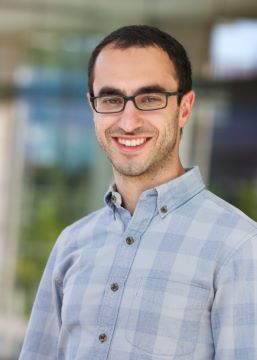Mark Sendak, MD, MPP

Role:
Population Health and Data Science Lead
Duke Institute for Health Innovation
HITAC Member Terms:
Term 1: 1/2024 – 12/2026
Mark Sendak, MD, MPP is the Population Health & Data Science Lead at the Duke Institute for Health Innovation (DIHI), where he leads interdisciplinary teams of data scientists, clinicians, and machine learning experts to build technologies that solve real clinical problems. Together with his team, he has built tools to transform chronic disease management within an Accountable Care Organization and detection and management of inpatient deterioration within hospitals. He has integrated dozens of data-driven technologies into clinical operations and is a co-inventor of software to scale machine learning applications and real-world evidence generation across health systems. He leads the DIHI Clinical Research & Innovation scholarship, which equips medical students with the business and data science skills required to lead health care innovations. He co-leads Health AI Partnership, a learning collaborative to advance the safe and responsible use of AI software within healthcare delivery organizations.
Him and his team have published in top technical, clinical, and management venues. Their work has been featured in The Wall Street Journal, MIT Technology Review, Wired, and STAT News. He has served as an expert advisor to national organizations, including the American Medical Association, AARP, American Board of Family Medicine, White House Office of Science, Technology, and Policy, and National Academies of Medicine on matters related to health innovation, machine learning, and policy. He was nominated by the Government Accountability Office to serve a three-year term beginning in 2024 as a member of the Health Information Technology Advisory Committee. He serves on the board of Machine Learning in Healthcare (MLHC), the premier computer science conference exclusively dedicated to healthcare. He was named a STAT Wunderkind in 2020 for his efforts to responsibly build and integrate AI into clinical practice. He obtained his MD and Masters of Public Policy at Duke University as a Dean’s Tuition Scholar and his Bachelor’s of Science in Mathematics from UCLA, where he was awarded the Charles E. Young Humanitarian Award, the top honor for community service.

